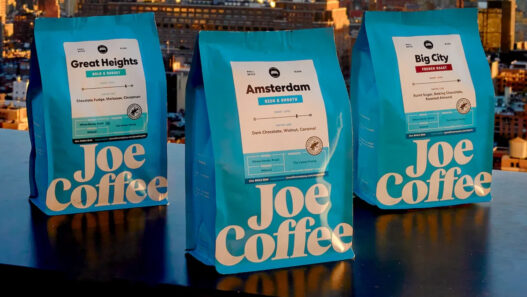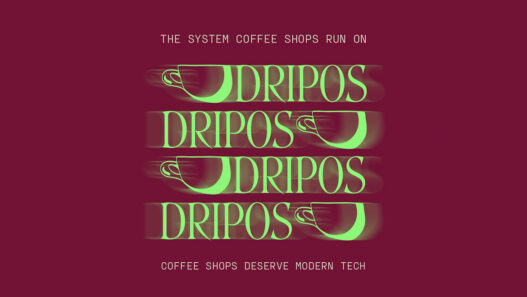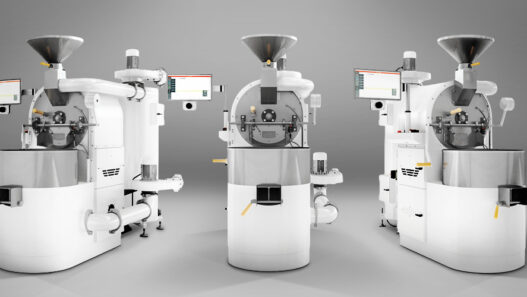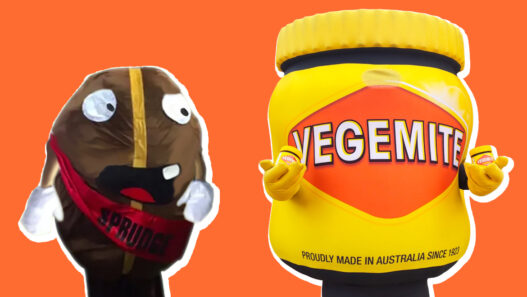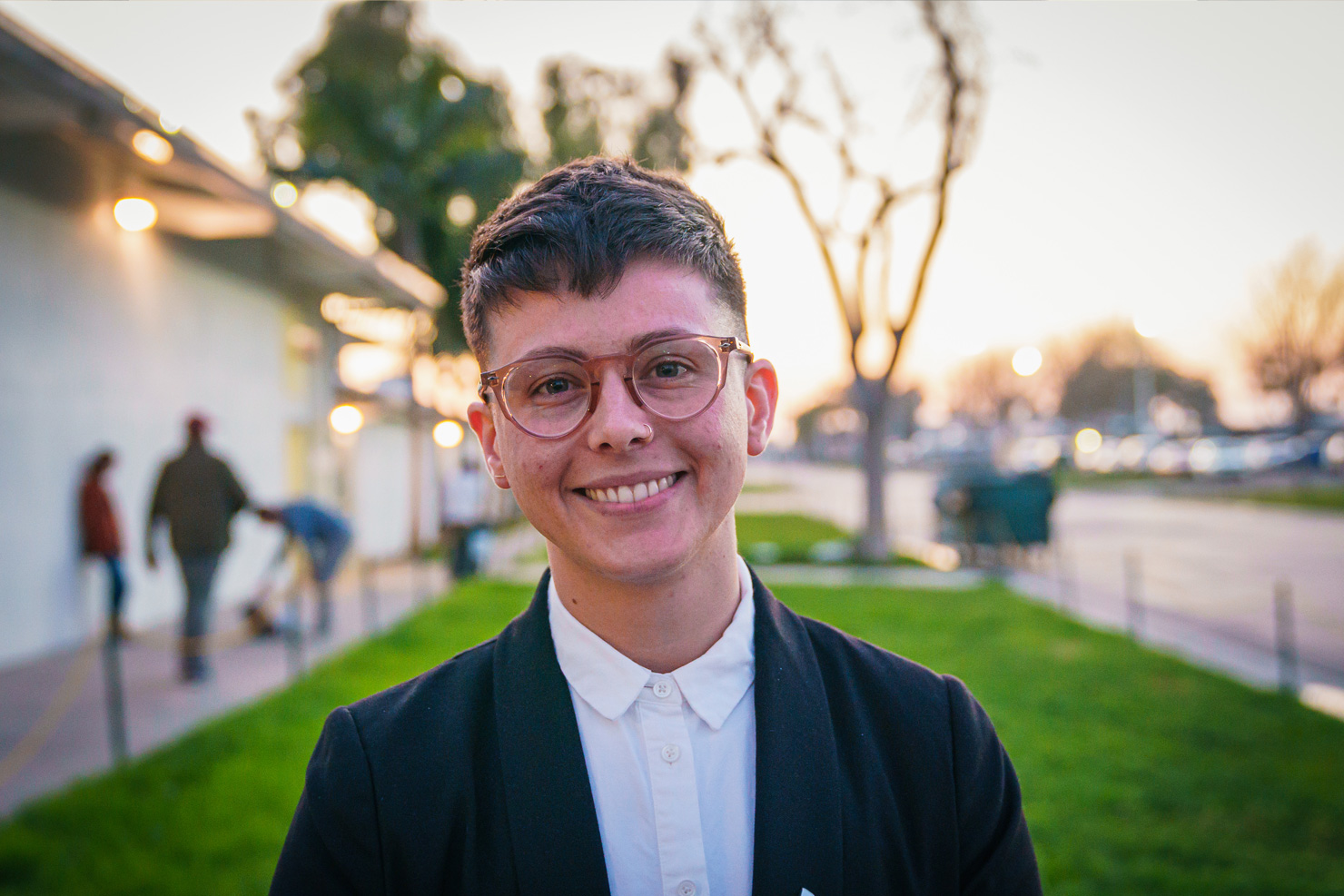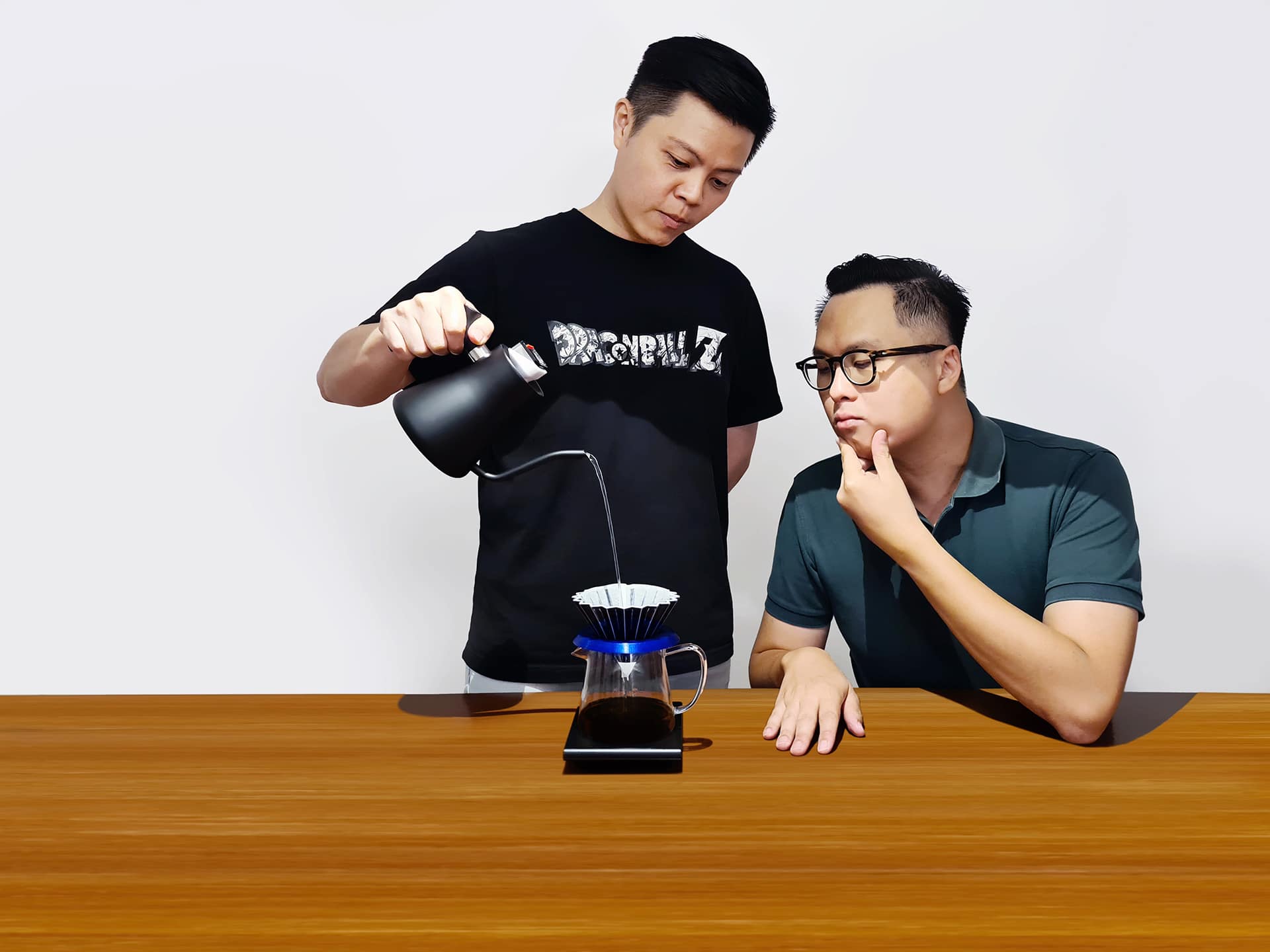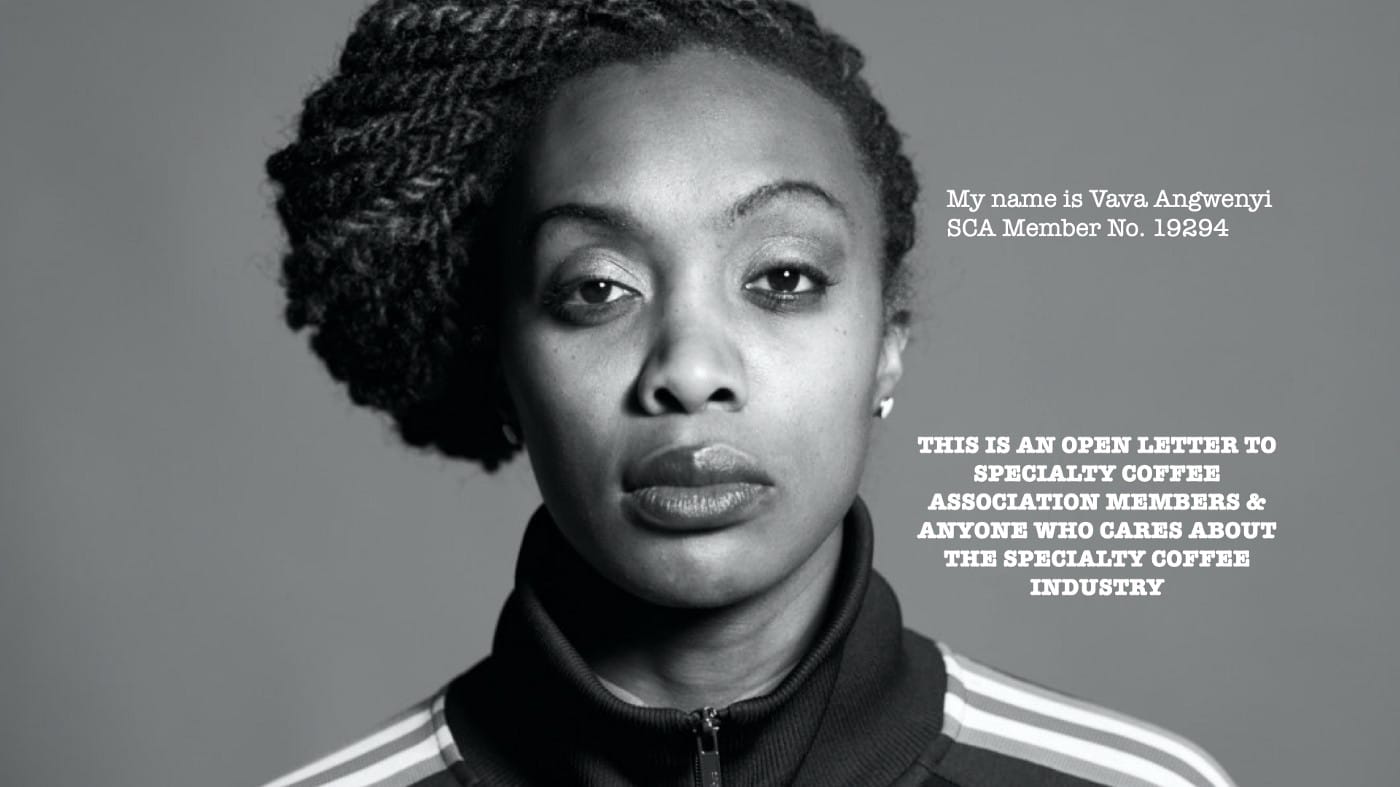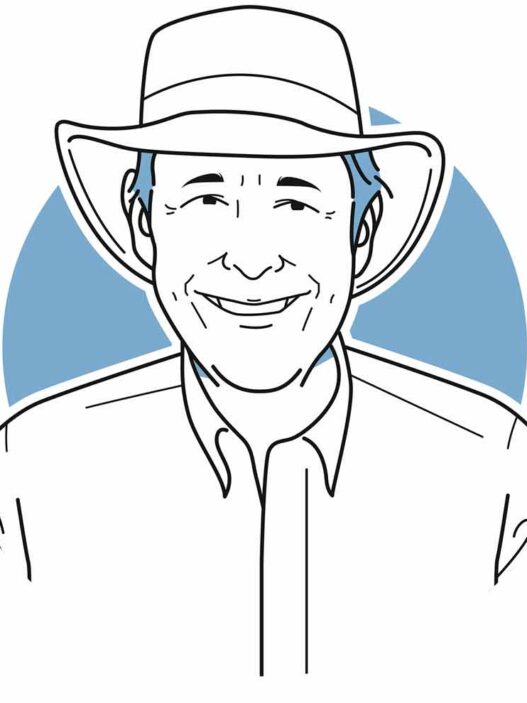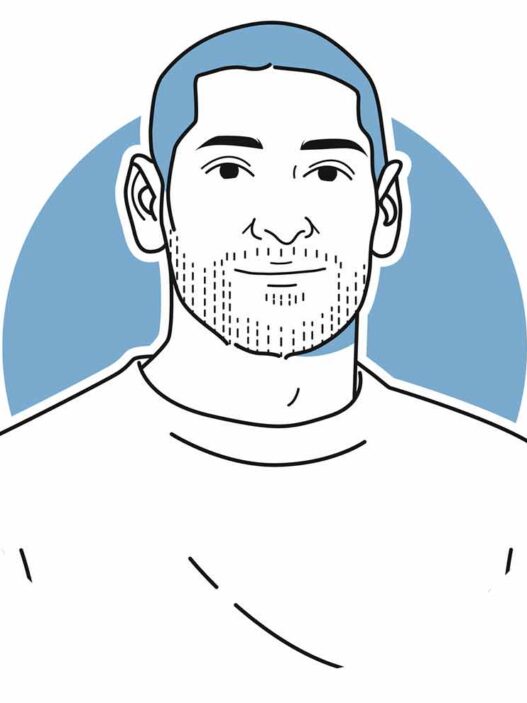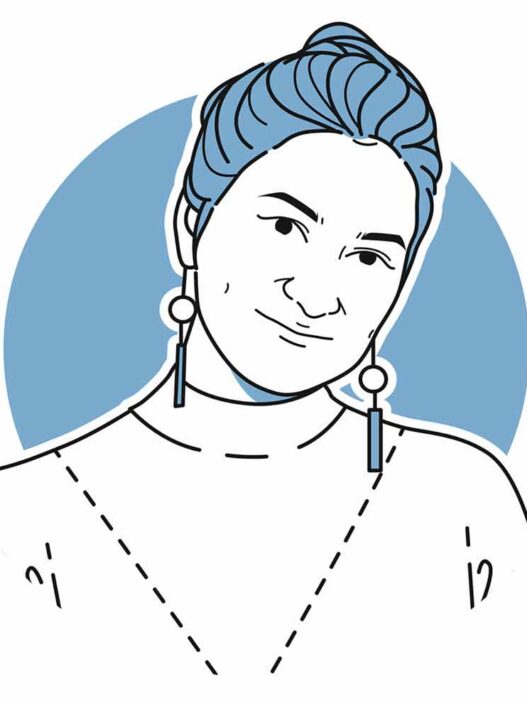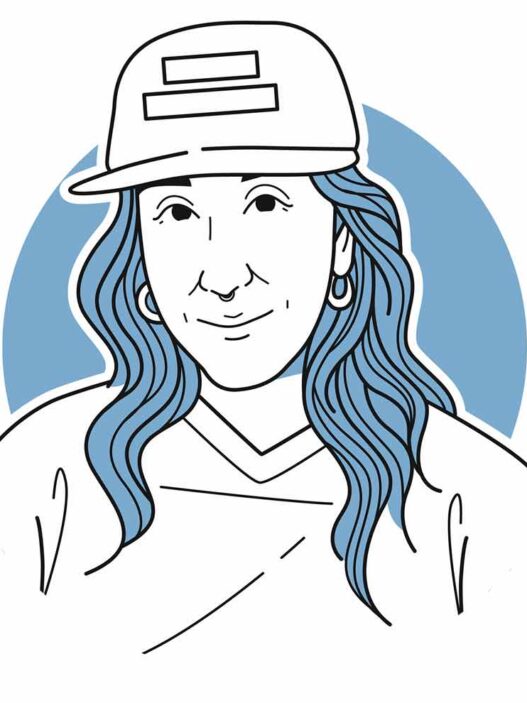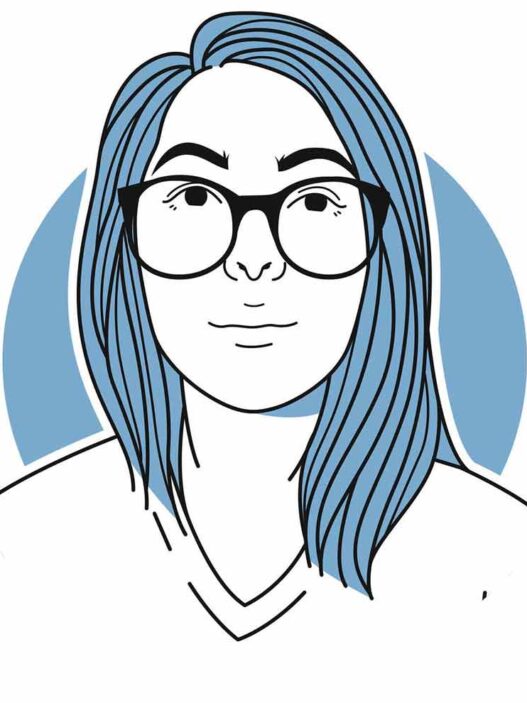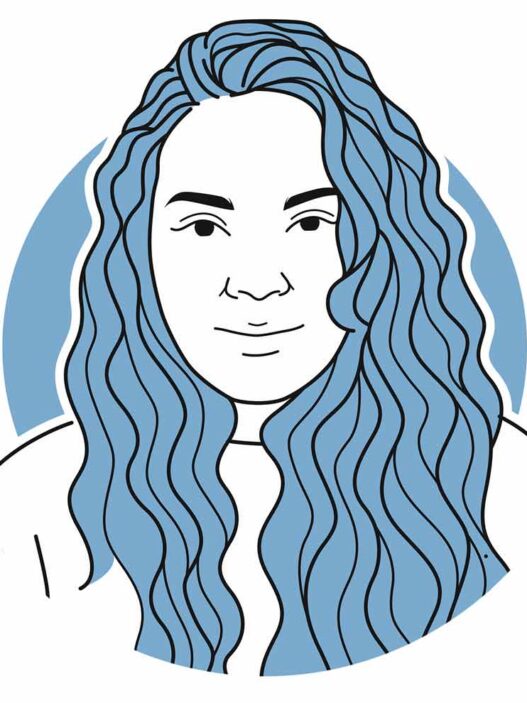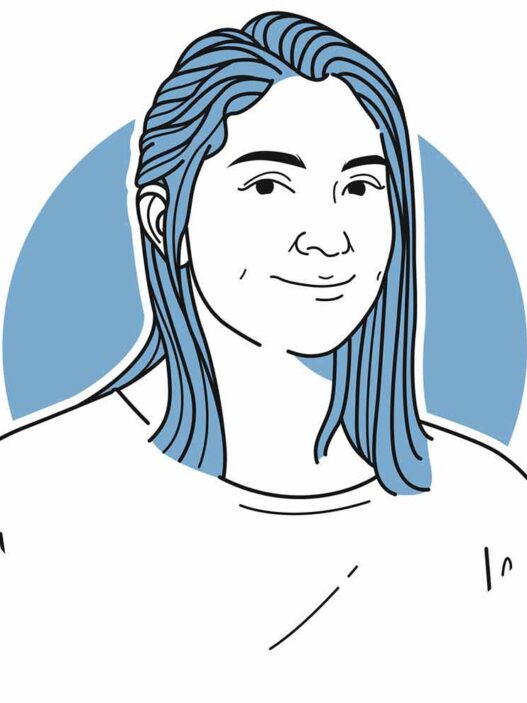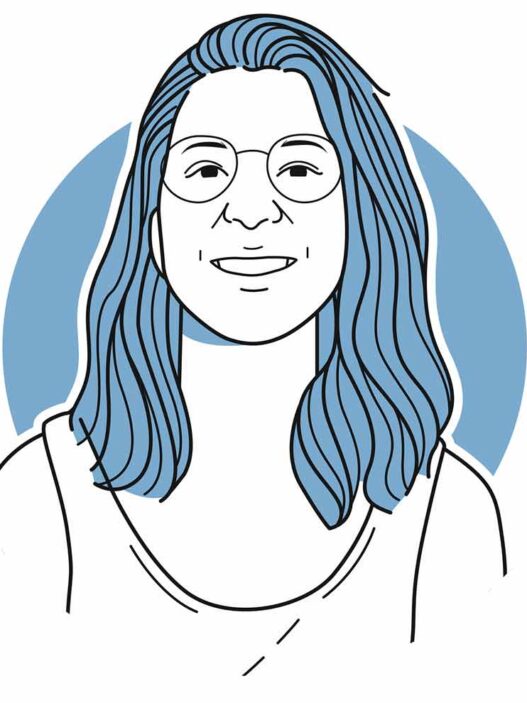Welcome to The Sprudge Twenty Interviews presented by Pacific Barista Series. For a complete list of 2020 Sprudge Twenty honorees please visit sprudge.com/twenty.
“Kat Adams participates in the USBC Championships, is one of the organizers of Cold Brew City Fest, and has brought attention to gender identity to the coffee community in southern California. Recipient of the Q-Grader scholarship from Wrecking Ball and an amazing and talented coffee professional.”
Nominated by Pablo Lara
How has the COVID 19 pandemic impacted you personally and professionally?
While all of the La Colombe cafes were closed during the pandemic, I knew that I needed something to focus on in order to maintain my own well being. With the extra time I’ve had, I’ve been able to work with Pacific Barista Series to facilitate food relief projects for coffee workers in Los Angeles, San Diego, and help other community leaders coordinate the same in their cities. It feels great to have something to keep me productive, especially since it’s allowing me to give back to the coffee community.
Since our cafes have opened back up, my normal job role as a trainer has shifted to interim manager of one of our locations in Los Angeles. I’m happy to be back at work, and the opening procedures we’re working with feel safe for our staff and customers.
What issue in coffee do you care about most?
Accessibility and career longevity. Within the industry we have such poor representation of minority groups at every level, but especially in upper management, training, and salaried jobs. And for baristas, or any coffee workers who want to make coffee a career, there aren’t enough pathways to a stable and comfortable career position. So many extraordinary coffee professionals get burnt out because they have no opportunities for upward mobility. Our industry is losing valuable talent and perspective because we treat baristas like they’re replaceable.
What cause or element in coffee drives you?
What keeps me going in coffee, even at times when I have felt stagnant and stuck, is the need to make the industry welcoming and safe for everyone. Coffee will only be at its best when everyone has the opportunity to see themselves represented, and have an equitable opportunity to succeed. Even in these past few years I have seen huge progress with queer and trans representation in workplaces, and on larger platforms like coffee competitions. It’s time to keep building momentum and champion voices that are different than your own.
What issue in coffee do you think is critically overlooked?
The green coffee price crisis. Our industry’s model of trade, and where the most profits are made along the supply chain is unsustainable. It’s allowing a colonialist, white supremacist system to keep Black and Brown people in precarious financial situations so they must continue to be exploited for their labor. I don’t work with green coffee and have very limited knowledge on the topic, but I do know that the coffee industry as a whole needs to pay more for green coffee and adjust the profit model along the entire supply chain.
What is the quality you like best about coffee?
I love that coffee is almost universally accessible. Whether you’re brewing a cup at home or grabbing a latte at your regular spot, it’s a beverage that pretty much everyone on the planet can enjoy.
Did you experience a life-changing moment of coffee revelation early in your career?
I was a brand new baby barista in 2015 when I was browsing through a copy of Barista Magazine at work (it was a pretty slow medical office coffee cart). I saw an advertisement for the US Coffee Championships coming up in Long Beach, and I just decided I’d go and check it out since it was so close. I showed up alone and had no idea what I was in for. The competitions enthralled me, and I wished I could taste the drinks that were being served on stage. I’m now a barista competition head judge and committee vice chair, and being a part of the evolution of competitions is so exciting and rewarding.
What is your idea of coffee happiness?
A perfect cappuccino, made by a barista who knows my name, enjoyed in a sunny corner of a cafe, in a comfy chair. What could be better?
If you could have any job in the coffee industry, what would it be and why?
I’d love to be a Director of Coffee/Coffee Buyer. It would be amazing to build a team of people with different skills than mine and allow them to shine and grow. The opportunity to make purchasing decisions has the potential to have a huge impact on the economy of coffee growing and processing.
Who are your coffee heroes?
My coffee heroes are the industry leaders who showed me I could be my authentic self and make a fulfilling career in the industry. People like Ever Meister, Abner Roldan, and Michelle Johnson, just to name a few.
If you could drink coffee with anyone, living or dead, who would it be and why?
At the moment, literally anyone! But really, Andy Baraghani from Bon Appetit. Or Alaska from Drag Race.
If you didn’t work in coffee what do you think you’d be doing instead?
I’d probably be doing something in the culinary world, or queer community activist work.
Do you have any coffee mentors?
There are so many people who have helped me along in my coffee career! I like to consider people who I have learned from and people who I’ve grown with. I’ve learned so much through working with the Barista Competition Committee leaders with Lauren Lathrop and Nathanael May. I was given an incredible opportunity to take the Q grader exam and learn from Trish Rothgeb, thanks to Wrecking Ball Coffee Roasters and Nick Cho. I’ve grown with coffee professionals in the many communities I’ve been a part of, surrounding myself with ambitious and motivated coffee people and exploring how to collaborate, communicate, and utilize each other’s skills to elevate the community. People who have said yes to being a part of my projects, and people who have entrusted me to be a part of theirs.
What do you wish someone would’ve told you when you were first starting out in coffee?
I wish I would’ve been told that there was a reason why I was dissatisfied working at jobs that didn’t value me. It took way too long for me to stop blaming myself for not being able to fit into environments where I was unable to succeed. If the job can’t give you the growth, investment, and opportunities you need, it’s time to move on.
Name three coffee apparatuses you couldn’t do without.
1: my trusty old Acaia Pearl scale. I use it more often for cooking and baking than I do coffee; it’s hands down the best coffee tool to live on my kitchen counter. 2: Fellow Carter mug. The possibilities are endless: hot coffee, chilled rosé, all safe and secure in this nifty mug. 3: My trusty spit cup, don’t hate me for this one. I’m super sensitive to caffeine and I try to limit my intake whenever possible (at barista competitions this is not possible). I make it a rule to spit any coffee that I’m evaluating, in cuppings, dialing in new brews at the cafes, or tasting espresso during a training. I only swallow coffee that’s made for me to enjoy rather than evaluate.
Best song to brew coffee to at the moment.
Caffeine by Lolo Zouaï, or my entire “Caffemme” playlist on Spotify
Where do you see yourself in 2040?
I’d like to be at the point in my career where I’m able to support and cheer on the next generation of coffee workers in their achievements. I hope and believe the industry will look much different than it does right now.
What’s your favorite coffee at the moment?
During quarantine, I decided to buy a coffee I had seen a while back but never tried. City of Saints‘ Kosse Geshe Estate caught my eye with a mango white claw tasting note! I love a creative flavor call (and a mango white claw)
What do you see as coffee’s role in the ongoing struggle for civil rights and racial equality?
Coffee workers individually are taking the stance to defend Black lives and fight for equality, but coffee as an industry needs to catch up. Phyllis Johnson’s Strong Black Coffee and Royal’s Race in Specialty Coffee webinar with Candice Madison and Phyllis Johnson are good places to start.
Coffee needs to be a place where BIPOC people are able to access and create career paths. We would not have coffee as a product without the labor of Black and Brown people in producing countries, and it’s time we create a more equitable profit model to serve those people.
Are there any activists, authors, public speakers, or experts you’d like to encourage our readers to engage with?
- Indiya Moore of Pose has been an extraordinary voice to follow for Black trans activism.
- Fran Tirado is a writer and activist I follow for all things from queer culture to BLM organizing.
- Travis Alabanza is a queer activist, poet, and artist to follow for Black, trans, queer content.
- Tommy Pico is a queer indigenous poet who’s work is so profound I can only take it in little by little.
Thank you!
The Sprudge Twenty Interviews are presented in partnership by Sprudge & Pacific Barista Series. For a complete list of 2020 Sprudge Twenty honorees and a complete interview archive, please visit sprudge.com/twenty.




